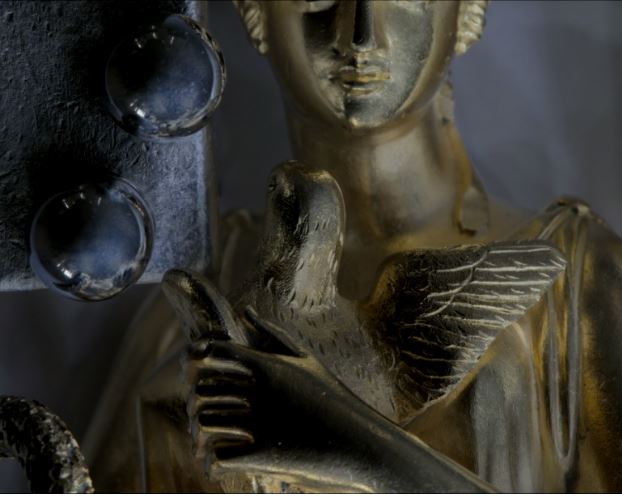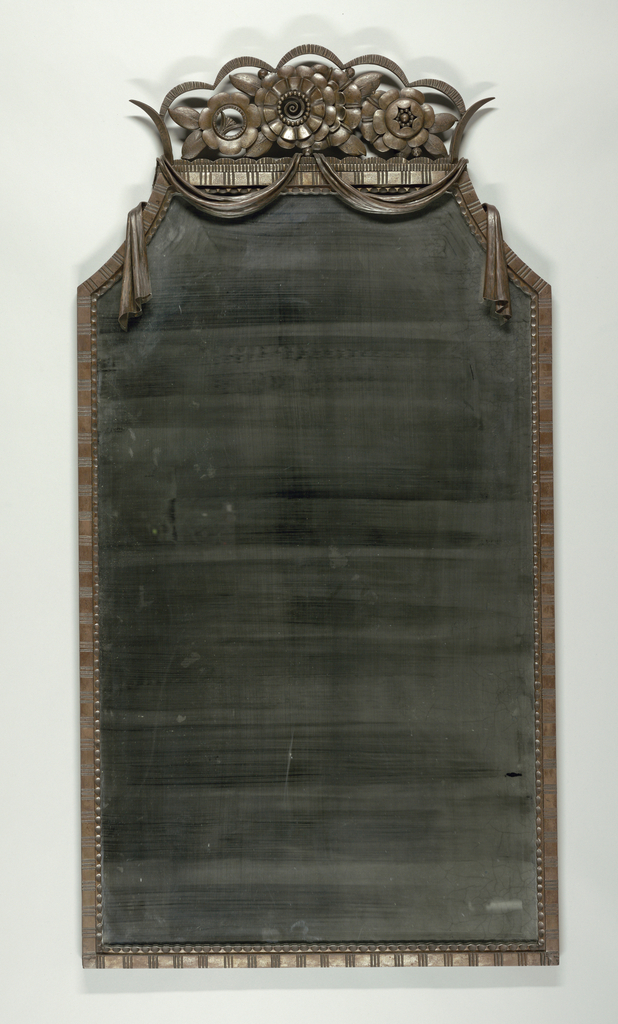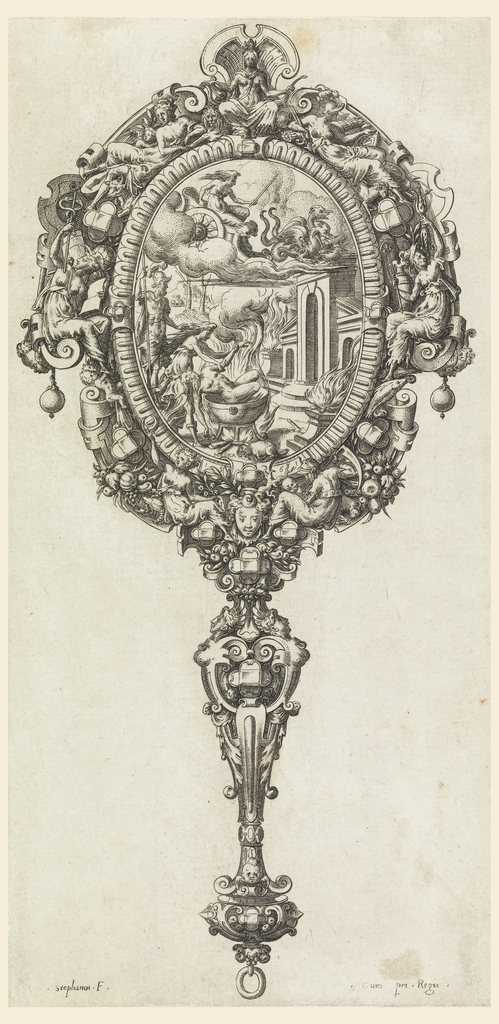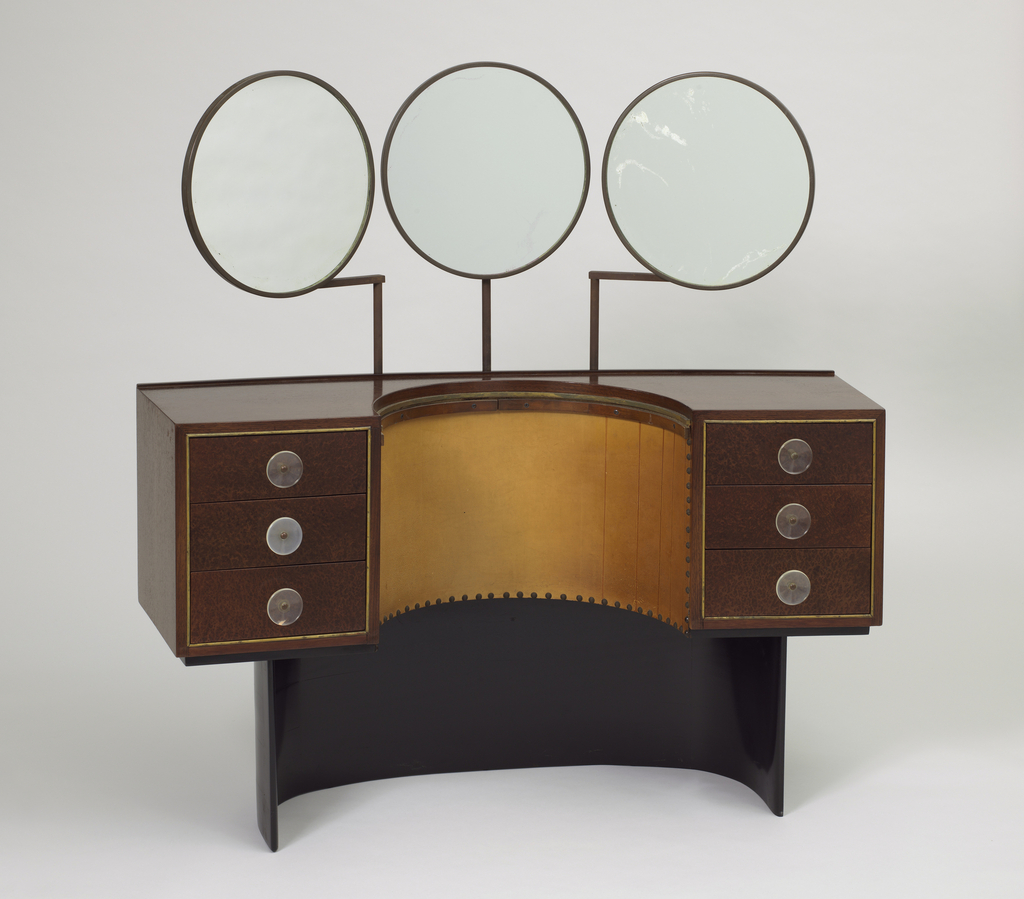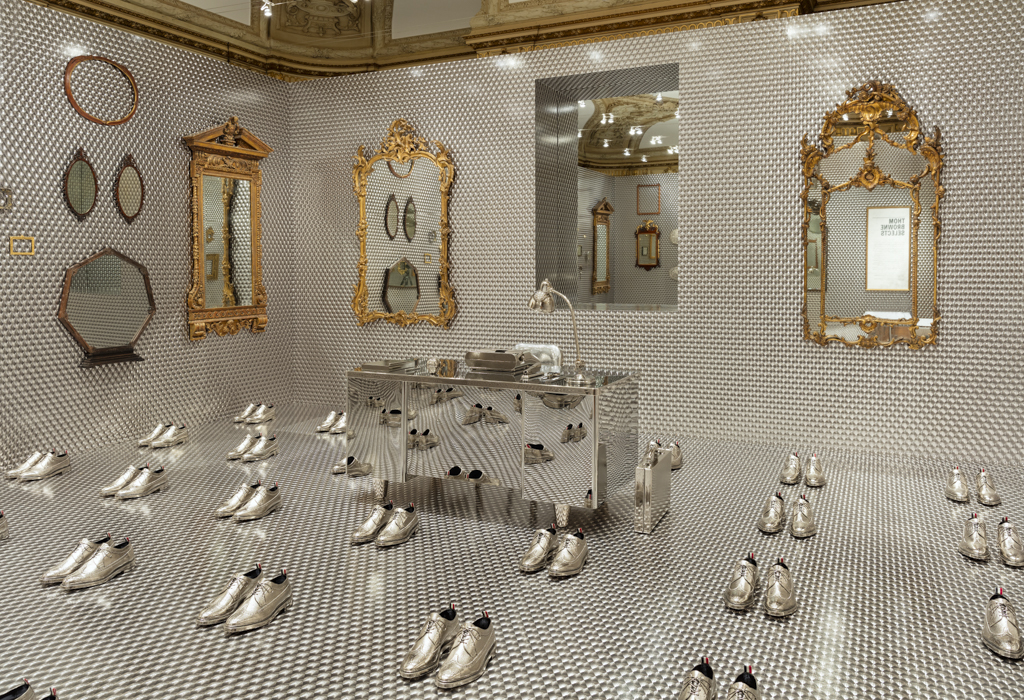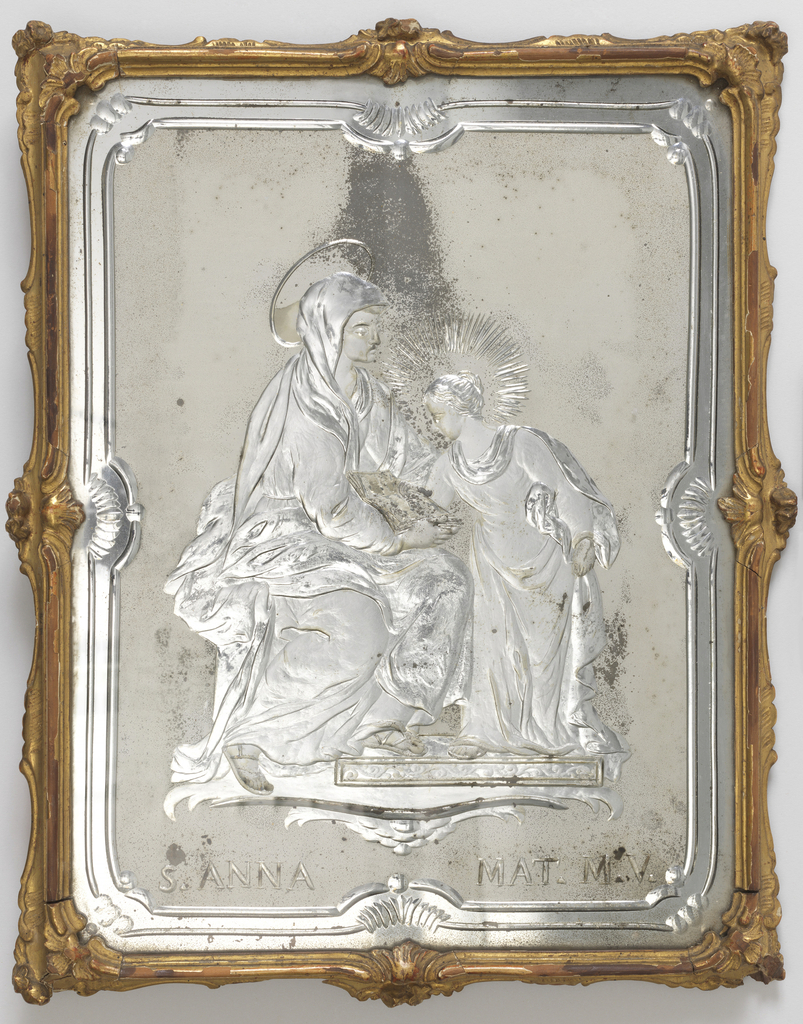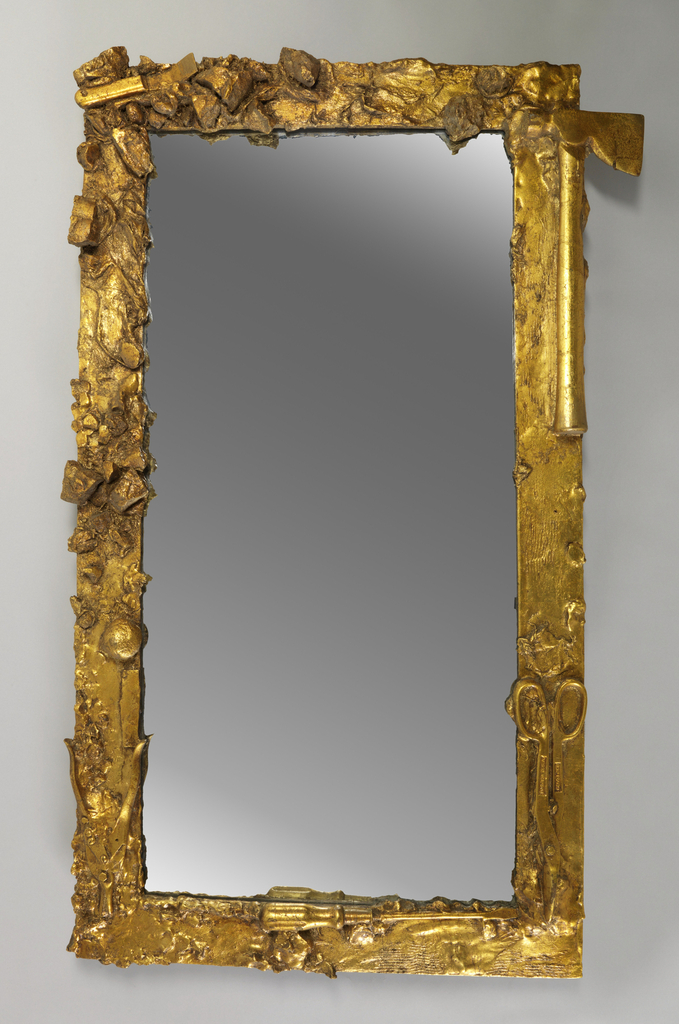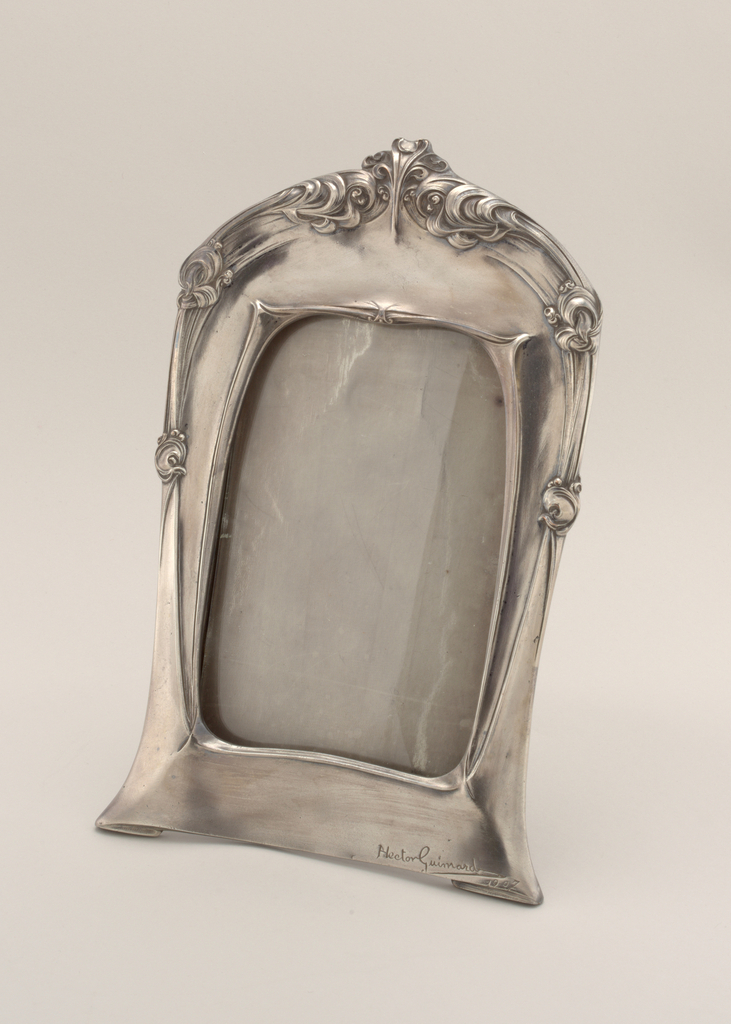Cooper Hewitt’s object conservators’ technical study and conservation of the surtout de table (designed by Pierre-Phillipe Thomire, ca. 1805) in the museum’s permanent collection was recently presented at several conservation-focused conferences (including focuses on sliver-leaf mirror and gilt metal). Information about the treatments and special imaging techniques used to study the piece were also shared...
This post was originally published on December 12, 2015. The French designer Edgar Brandt spurred a revival of interest in interior furnishings made of iron in the 1920s. His participation in the 1925 Paris Exposition won him great praise. Brandt’s ironwork was admired throughout the fair; he designed the gates of the front entrance, his...
Sixteenth-century Europe saw, with the apogee of humanism, the reactivation of intellectual and creative energies towards classical antiquity, through which the decorative arts flourished. Designs were highly imaginative, with increasingly complicated, fantastical motifs, in which material opulence coexisted with humanist knowledge in the form of historical and mythological themes.[1] A case in point is this...
Whether you call it a dressing table or a vanity, during the 1930s and 1940s this furniture form expressed the glamour and mystique of femininity. A woman sitting at her vanity—preparing to go out or to entertain in her home—connotes the vanity’s cultural associations with beauty, self-image, and preparation. Designed by Gilbert Rohde for Herman...
This week’s entries are dedicated to objects featured in the exhibition Thom Browne Selects (see installation image above), currently on view at Cooper Hewitt through October 23, 2016. The following is an excerpt from a conversation that I had with American fashion designer and National Design Award winner, Thom Browne, about his museum exhibition and...
This week’s entries are dedicated to objects featured in the exhibition Thom Browne Selects, currently on view at Cooper Hewitt through October 23, 2016. Today, it is not unfamiliar to feel a constant oscillation between the eastern and western ideas of culture with the world’s expedited methods of communication, but this was occurring at a...
This week’s entries are dedicated to objects featured in the exhibition Thom Browne Selects, currently on view at Cooper Hewitt through October 23, 2016. Venetian glass-making is not the only tradition observed in this engraved mirror, although engraved mirrors were popular there for both domestic and religious use in the seventeenth and eighteenth centuries. This...
This week’s entries are dedicated to objects featured in the exhibition Thom Browne Selects, currently on view at Cooper Hewitt through October 23, 2016. Jim Dine’s impressive career started not long after he had graduated from Ohio University with a BFA in 1957. After making the move to New York in 1959, Dine collaborated with...
Architect-designer Hector Guimard earned recognition for his architectural optimism but garnered additional acclaim for his designs intended to occupy the spaces that he created. Working during the end of the nineteenth and early twenteieth centuries in the organic language of Art Nouveau, Guimard approached his designs as part of a larger artistic whole, a Gesamtkunstwerk,...
